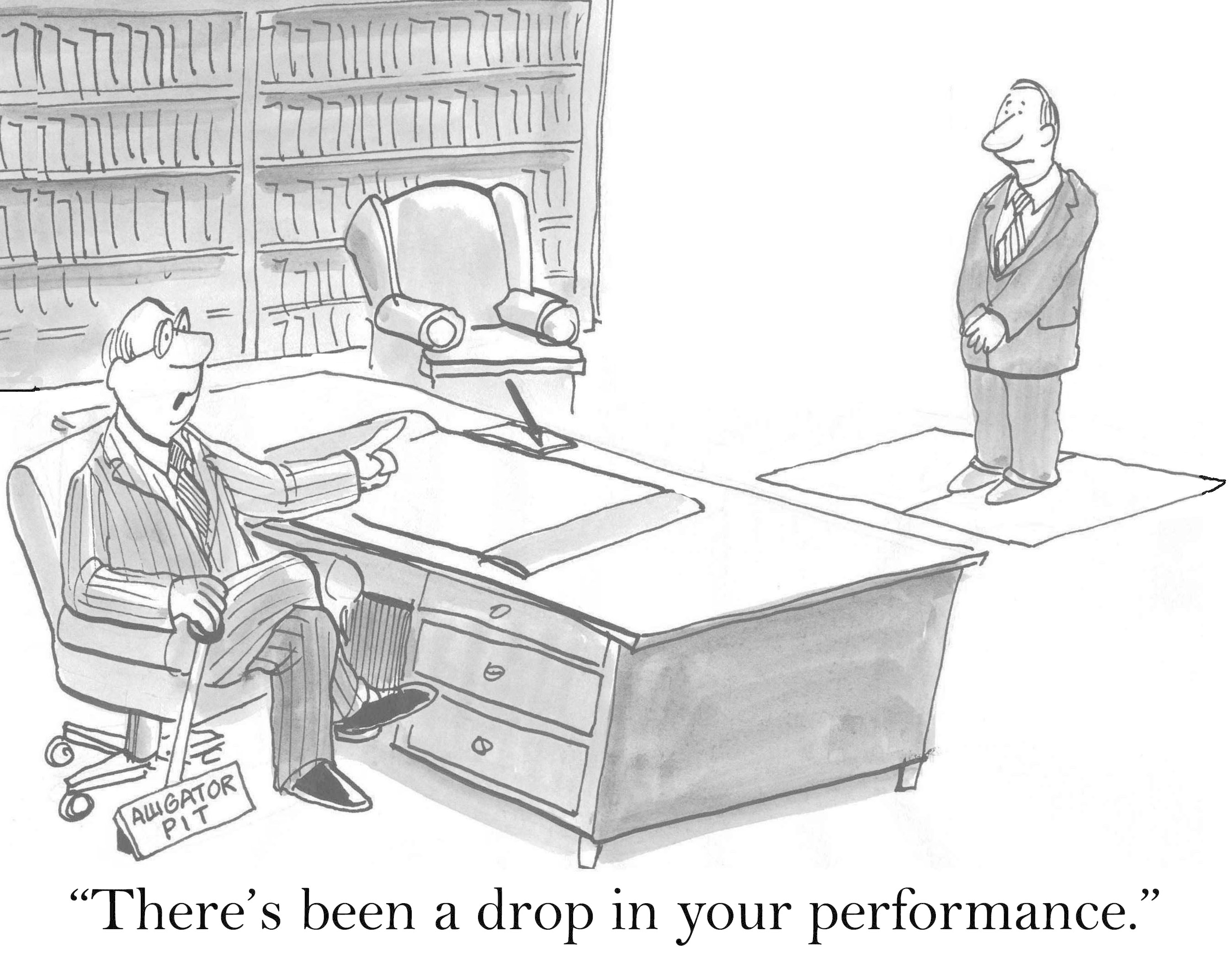Feedback is one of those things that is always there, regardless of whether it’s being articulated in words, or suggested by facial expressions and body language. There’s simply no getting away from it.
Regrettably however, the majority of business owners and managers only use feedback to criticise when things go wrong. And because feedback is always subjective, the working relationship you have with the person on the receiving end is going to have a bearing on how effective your feedback is.


Feedback for Motivation
According to Gallup, staff engagement statistics have barely moved since the year 2000, which in real terms means that your business isn’t growing as fast as it could. Lack of motivation is clearly a contributing factor to lack of staff engagement, and it isn’t just about monetary reward.
There are three questions that you should be asking your team on a regular basis:
1. What went well this week?
2. What didn’t go so well?
3. What could we do differently/better next time?
Allowing your staff to judge themselves is key to increasing their self-worth, and by encouraging them to identify different and/or better solutions, their commitment to your outcomes (and motivation) will improve.
Also bear in mind that we all judge people based upon our own values, and if you’re the type of manager who can focus on work for 10 hours a day and who hates to be interrupted by silly social chat, you will likely disapprove of someone who enjoys a conversation during work time.
Rather than focusing on the characteristics of your staff, remember to focus on what has been achieved.
Feedback for Performance
Feedback is frequently confused with criticism, which is why it’s so important to ensure that frequent feedback is a part of your organisational culture.
A common complaint I hear from clients is that their staff hasn’t understood the task at hand. But if you’re the kind of boss who gives out instructions and expects everyone to get on with their jobs without question, you’ll have some employees who do not dare to ask for clarification. That needs to change.
When you’re delegating duties or sorting out work plans for your team, let them know what outcomes you expect, and by when you want to hit your targets. Agree on a baseline from which their performance will be measured before they start, not afterwards when everything has gone horribly wrong.
When it comes to the next round of appraisals, your employee will already know where they stand, and you’ll be able to have a constructive conversation with them that allows them to build on their learning, and be better at what they do.
Feedback for Growth
Just because you’re the boss, doesn’t mean that you’re right all the time. You’ll already know that in order to keep a competitive advantage, feedback from your clients and customers is essential.
One frequently forgotten source of feedback however is your team! I’m not necessarily suggesting that you ask them to give you an honest opinion on your leadership skills, but if they’re dealing with clients, they’ll have access to a different type of feedback that could be priceless.
Make space for your team to provide YOU with feedback about their experience in your business. For example, they may identify gaps in your customer service or procurement processes that could be having a negative impact on your bottom line.
Feedback from your team will help you to develop your strategy, your products and services, as well as your customer relationships.
And if you’re really brave, check in with your suppliers and contractors a couple of times each year and find out how much they enjoy doing business with you.
Remember the Three F’s
By making frequent feedback a part of your company culture, you will increase its value to all concerned, and more importantly your business will grow faster because you are putting your learning to good use.

Gwyneth Letherbarrow
Owner
My passion is to create excellence in the workplace, and my clients are proof of my natural capacity to support others on their road to success. In addition to my formal university studies I have trained and qualified as a coach with The Coaching Academy in the UK, and provide specialist coaching and consultancy services to improve communications in the work place. I love working with people – as opposed to machines – recognizing that each one of us is unique and is capable of creating a fabulous future according to our own values and desires.
Please visit my website by clicking HERE.
6 1/2 Things You Can Do To Get More Sales In The Next 60 Minutes
Sales and enquires can sometime be elusive! Your business needs a system so that you are getting sales and enquiries on a daily basis. Whilst you are building that system here are 6 ½ things that you can do to generate sales in 60 minutes.
Six Steps to Professional Success – CV Writing Project by Gwyneth Letherbarrow
There is a statistic that says that the first time that the HR person scans your paperwork, they will spend only six or seven seconds deciding whether you deserve a closer look. If you are applying to a large organization you may not even have the benefit of a human being making that decision, it may well be a computer programme. What are you going to do to get noticed? A CV, or indeed any type of job application form is your very own form of marketing and needs to describe your talent in such a way that the person can start to picture who you are.
This book contains much of the content I use in my workshops, and the feedback I receive proves that it can work. By examining a number of key factors you need to be thinking about when you are writing your CV or filling in your application form, this book can help you ensure that your job application stands out from the others, and that your application makes it to the ‘for interview’ pile’
Click HERE to purchase your copy


